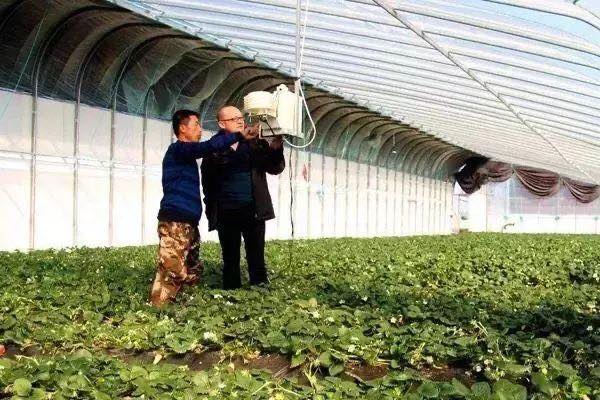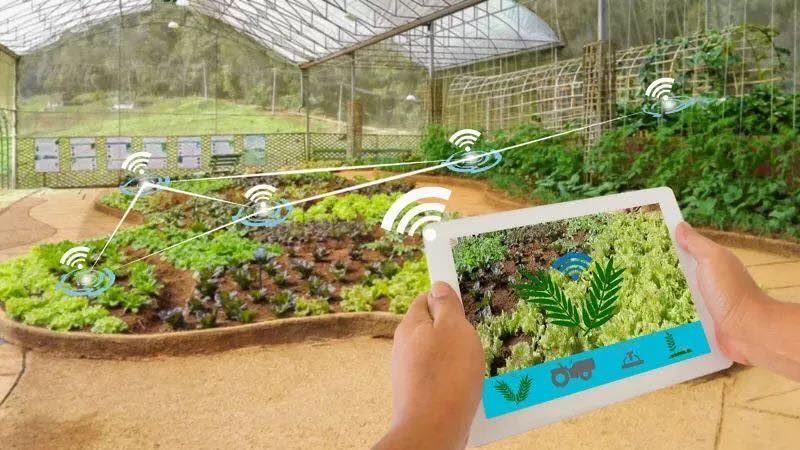A Smart Agriculture with Huawei and Yuan Longping ?
They speak about the « digitalization of the lands » by Artificial Intelligence. They want to save the world from the next famine thanks to new hybrid rice plants and their capacity to transformation millions of hectares of saline land, close to the sea, then unsuitable for growing rice, in fertile fields 良田! Who had this idea? 5G tech Chinese company, Huawei !
A great paradox will say the ecologists. 5G is supposed to be very dangerous for our health and the environment… Before jumping, screaming, going crazy, let’s try to understand the issues and especially, the means.
In the past, farming was hard work. Not only planting, weeding and harvesting, but also working under the sun every day…
With rapid urbanization across the globe, smart agriculture has become an important way to increase farm production efficiency as the number of farmers is steadily declining. Huawei is developing various innovative projects designed to enhance smart agriculture infrastructure. For instance, mobile Internet of Things (IoT) enables smart irrigation systems, where sensors are used to retrieve data to track soil, crops and the air in real time so farmers can predict weather pattern and monitor farming equipment efficiency. With big data collected in real-time, farmers will able to perform precision farming to increase productivity and crop yields. In addition, the project attaches a tracking module on sheep, for example. Soon, China and any European countries that are interested in Connected Farms will be able to trace everything, from animals, ships to containers and moving objects through mobile IoT.
Just now, Huawei ’s rotating chairman Hu Houkun announced that he will cooperate with the father of China ’s hybrid rice Yuan Longping, the Papy Yuan (we already spoke about him), to cultivate sea rice, through the digitization of soil, let rice grow on saline land, and transform 10 billion ares of saline land into 10 million ares of good land.
Connected Farm : from farmland to the dining table for a better quality ?
The question is for a lot of European people and association : the real effects of 5G on the environment …
A lot of fear … But no study to confirm it for now : the problem remains that at present no study allows a clear assessment of the environmental impact of 5G and its uses.
Huawei seems to offer the concrete technological empowerment to the peasants and then, a big advance in the field of the war against the starvation in the world. Huawei stresses that facts : according to statistics, by 2030, the global population is expected to exceed 8.5 billion. Solving the global food supply has become a major challenge facing the international community. At the same time, extreme weather such as floods and extreme heat hindered the growth of crops, leading to a reduction in crop yields of more than 20%.
So, a large amount of demand, brand new technology, and swarming capital and services are both challenges and opportunities for agriculture. Agriculture must revolutionize, and this will give birth to many new ecology, new formats, and new business opportunities.
So, Huawei, 5G and sustainable development ? First, do not show partiality in judging. Let’s give a try ?



